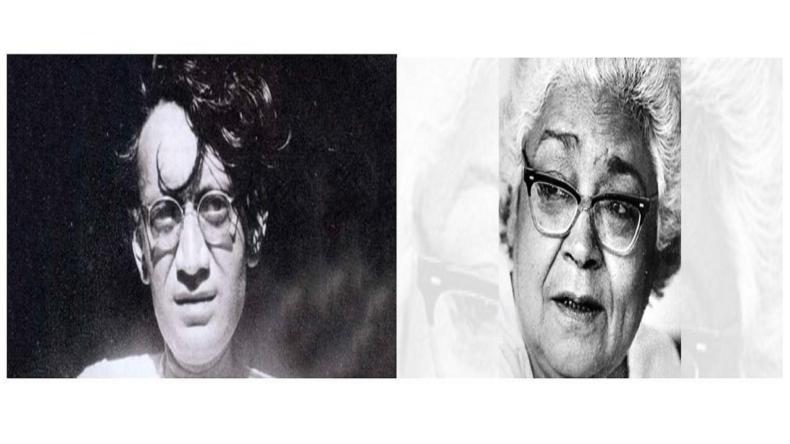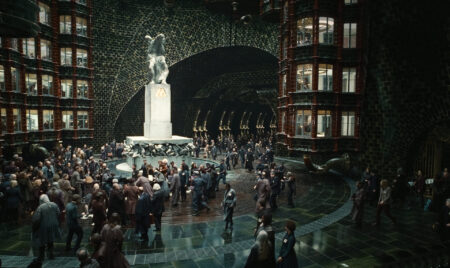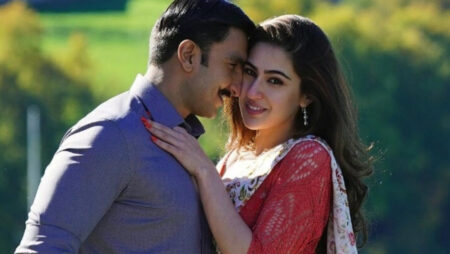Authors across the world have written powerful narratives around faulty cultural norms.
Writers across the world have been condemned for expressing their views in their stories or books. Common people and authorities have taken offense at what a writer has written.
Many writers have not only courted controversy; some even had to go through legal trials and tribulations. Some even had to deal with death threats, physical attacks, exile, etc.
Here’s a list of books or work to celebrate the brevity of those South Asian writers who dared to write the real stuff going on in our society:
Saadat Hassan Manto:
A legend among South Asian writers, he always wrote about subjects that were talked about in whispers. For instance, the main character of his short story, Dhuan (Smoke), is a 12-year-old boy having issues with sexual awakening. In another short story collection titled Bombay Stories, most of her characters are prostitutes.
After partition, he migrated to Lahore, Pakistan but ran into troubles with courts of both countries due to the nature of his work. He was frequently charged with obscenity for his works like Bu (Smell), Thanda Gosht (Cold Meat), Kali Shalvar (Black Pants), etc.
However, despite facing criticism, he never stopped writing. His legacy remains everlasting, and BBC has added his work Toba Tek Singh to their list of 100 stories that shaped the world.
Ishmat Chughtai:
A contemporary of Manto, Ishmat Chughtai was a progressive writer of the 20th century. Her works were feminist in nature and fearless too. Like Manto, she also ran into controversies for her writings.
One of her stories, Lihaaf (Quilt), dealt with female homosexuality, slapped her with obscenity charges.
Talking publicly about sex between a man and a woman is still taboo in the Indian sub-continent, let alone homosexuality. This subject created a panic in the then Indian society.
She had to appear in court for this case. After she won the case, she continued writing about discrimination and culture of patriarchy through her stories.
Salman Rushdie:
He is a name that is known to the world. This novelist specialises in writing fictional stories across the Indian sub-continent, and midnight Children is his most famous work.
But, when he wrote The Satanic Verses, he received a lot of criticism from the Muslim community worldwide for showing Prophet Mohammad in a bad light. A fatwa was also issued against him by Iran’s religious leader, Ayatollah Khomeini.
Hitoshi Igarashi, who translated Rushdie’s book into Japanese, was murdered, such was the wrath of Islamic extremists. The book is still banned in India.
Taslima Nasrin:
Another South Asian author who is no stranger to controversy is Taslima Nasrin.
An angered mob physically attacked her for her book Lajja. She ultimately had to flee her homeland Bangladesh due to death threats she received for an article she published in a newspaper.
Nasrin has been in exile for 24 years now and has had to stay in multiple nations. She also ran into controversy for making anti-war remarks, and Majlis-e-Ittehadul Mslimeen threatened to behead her.
Perumal Murugan:
Murugan’s Tamil novel Mathorubhagan (One Part Woman) was released in 2010. It was a success. It deals with a childless couple that takes part in the chariot festival with the hopes of becoming pregnant.
During the festival, for one night, a woman is allowed to have sex with a man and if she gets pregnant, then it is deemed as ‘god’s gift’. But in 2014, local caste groups protest against the book alleging that it defame women and hurt the community’s religious sentiments.
Criminal charges were brought against him. He Murugan swore never to write again. But the court ruled in favour of the author.
Khaled Hosseini:
Afghan-American author, Khaled Hosseini wrote this novel in 2003. The novel tells the story of Amir, a Pashtun, and Hassan, a Hazara. Hazaras are a minority in Afghanistan.
It ran into controversy for “offensive language, explicit sexual content and unsuited age group”, as quoted by American Library Association.
When made into a movie in 2007, the movie also received heavy criticism for showing Pashtuns as the oppressor and Hazaras as the oppressed. The child actors received death threats and had to be evacuated to the United Arab Emirates.













